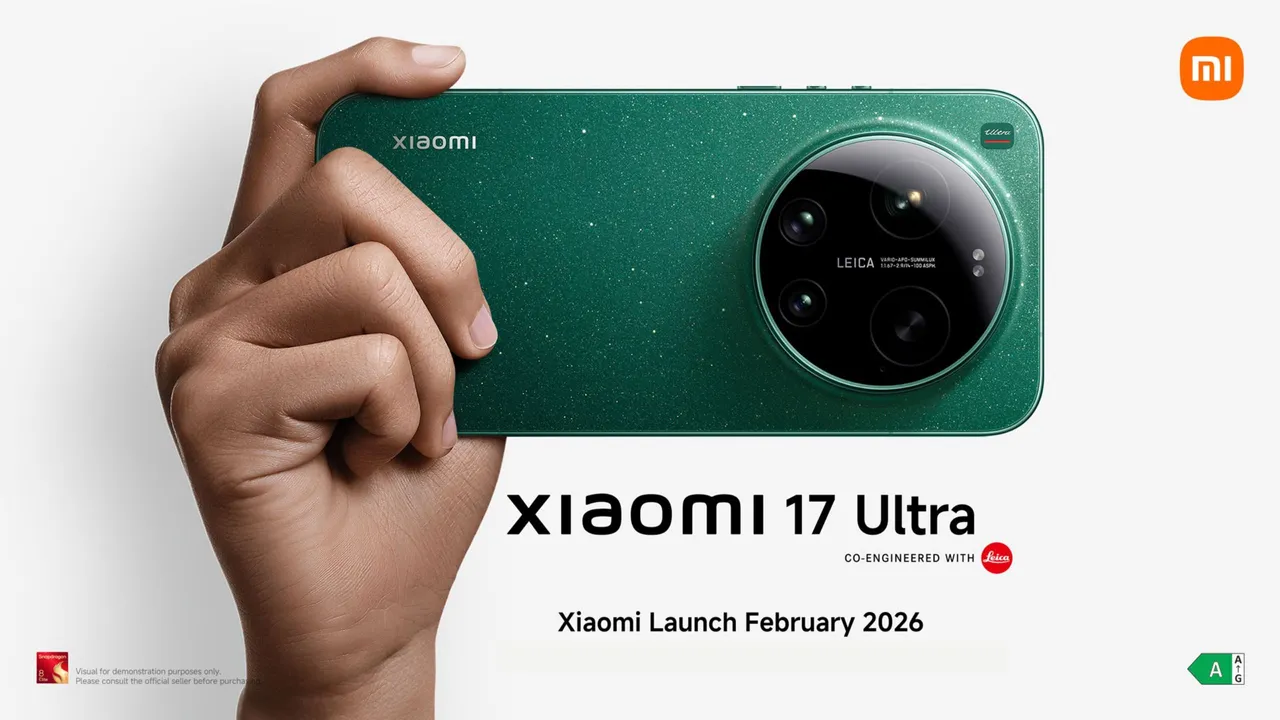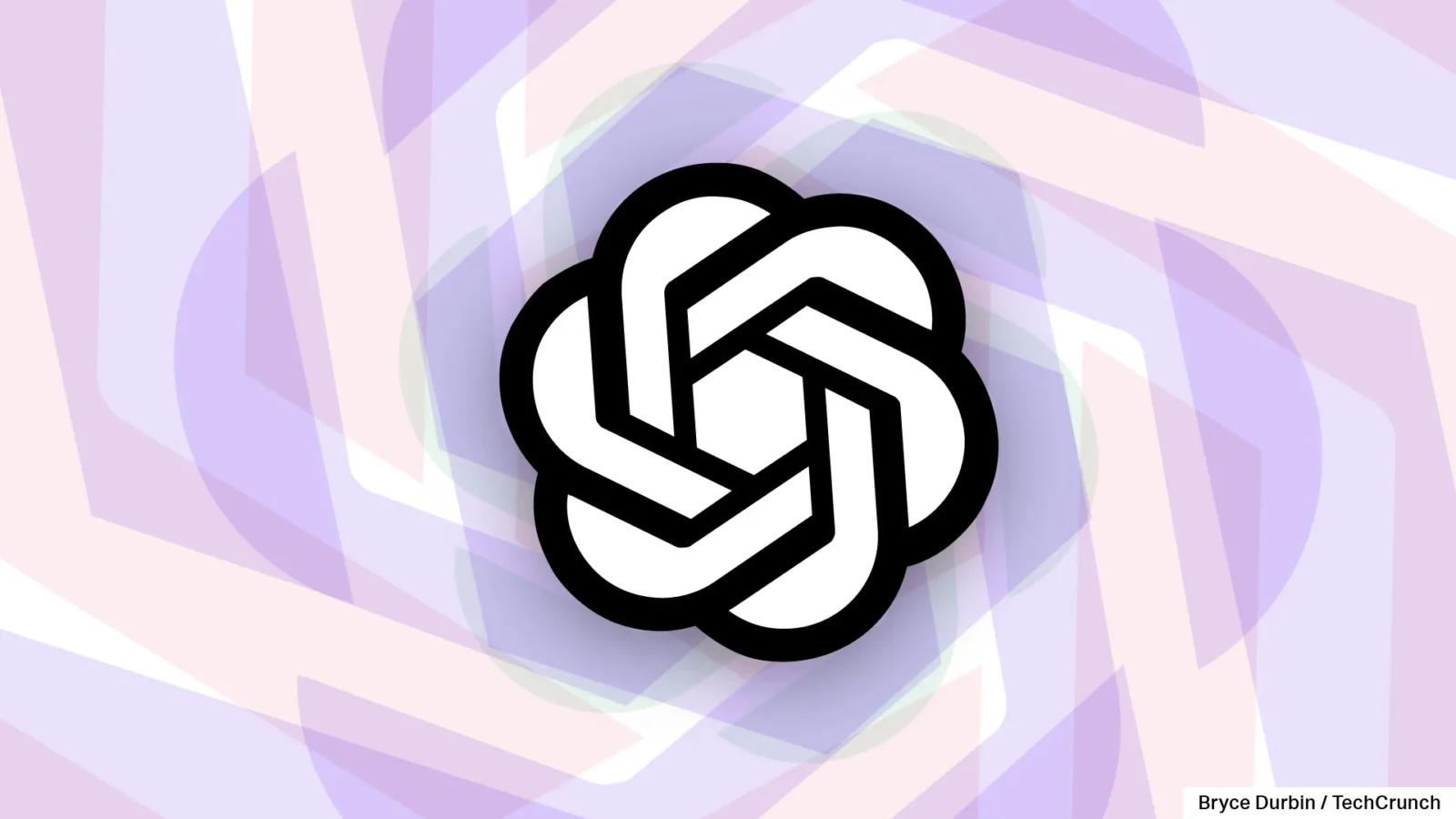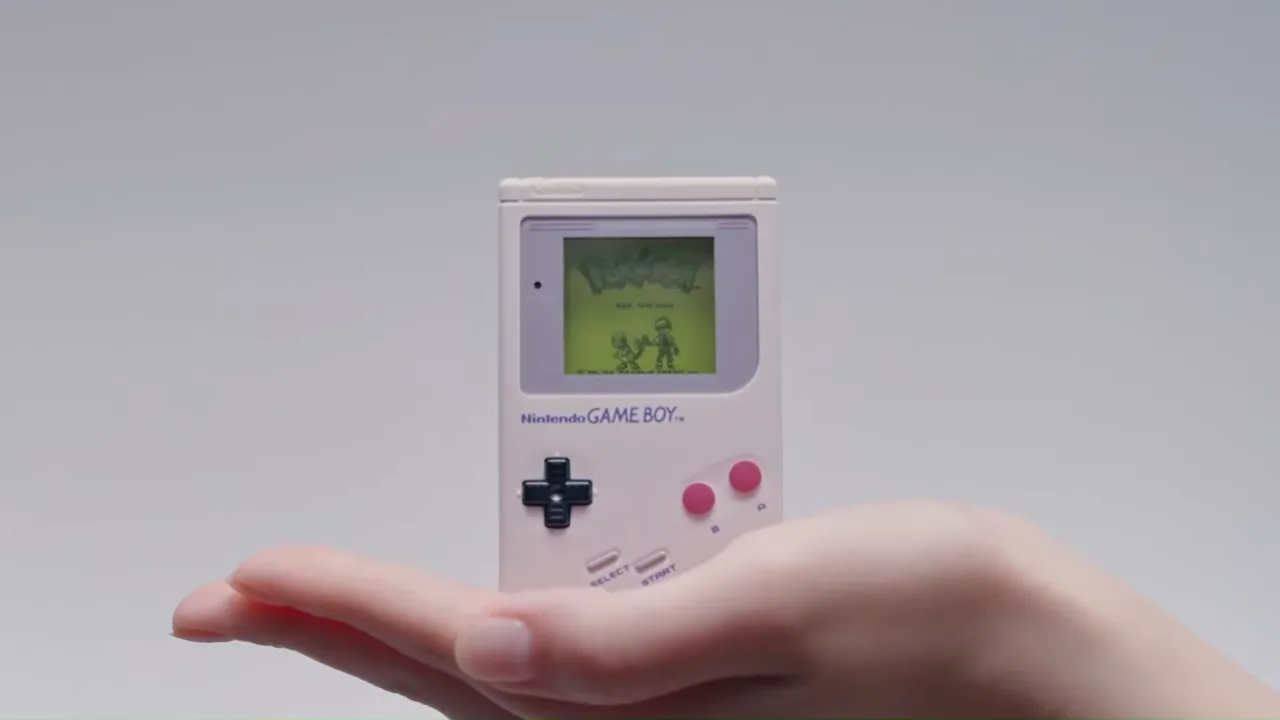The beloved sci-fi institution that is Doctor Who returns with the Season 2 premiere of its Disney+ era, and if “The Robot Revolution” is any indication of where this series is headed, fans have every reason to feel energized. Helmed by returning showrunner Russell T Davies, and starring the magnetic Ncuti Gatwa as the Fifteenth Doctor, the episode crackles with the kind of irreverent, high-concept energy that’s defined the franchise for decades. But what makes this installment truly pop isn’t the visual effects or the satirical robot uprising—it’s the arrival of a new companion: Belinda Chandra, portrayed with confident charm by Varada Sethu.
Doctor Who season 2
Sethu’s Belinda Chandra bursts onto the scene in exactly the way fans want a new companion to: grounded in the everyday, but instantly intriguing. A nurse with a hectic home life and little patience for nonsense, Belinda is far from a damsel or comic relief; she’s her own hero before she even meets the Doctor. It’s a smart move by Davies, giving her agency and clarity of self from the get-go, rather than relying on the well-worn trope of wide-eyed wonder. Her introduction feels fresh but familiar—exactly the balance a show with such deep lore needs to strike when onboarding new viewers and long-time fans alike.
As expected with a Davies script, the tone of “The Robot Revolution” is a masterful cocktail of sci-fi homage, cheeky British wit, and emotional sincerity. The episode wears its Terminator influences proudly, featuring an uprising of cute-but-deadly robots who channel a sanitized form of Skynet with just enough Futurama-style sarcasm to keep the tone breezy. These aren’t gritty, metallic death machines—they’re vibrantly animated and quirkily designed, a clear visual cue that this Doctor Who continues to lean into the cinematic flair that Disney+ has afforded it.
Gatwa’s Fifteenth Doctor, now with a full season behind him, shows noticeable growth. The manic energy that defined his early appearances has matured into something more nuanced—still wild, still unpredictable, but grounded by emotional control and thematic clarity. He’s more than just a zany time traveler. In this episode, he’s a man with conviction and a sense of moral gravity, and Gatwa threads the needle between fun and gravitas with elegance.
The chemistry between Gatwa and Sethu is immediate and electric. There’s an equality in their dynamic that distinguishes it from the Doctor-companion pairings of recent years. Belinda doesn’t look at the Doctor with deference or awe. She challenges him, questions him, and keeps pace without skipping a beat. Where Millie Gibson’s Ruby Sunday was often a mirror to the Doctor’s emotional side, Sethu’s Belinda acts as a foil—cool, composed, and dry-witted. It’s a brilliant recalibration of tone, and it gives the series a wider emotional palette to play with.
And speaking of recalibrations, the show also seems aware of the criticisms it faced in Season 1. Where earlier episodes sometimes spiraled into confusing technobabble or overly sentimental monologues, “The Robot Revolution” is clean, clear, and narratively tight. The exposition is still dense—this is Doctor Who, after all—but it’s better paced, and most importantly, it trusts the audience’s intelligence. Viewers are given just enough information to feel grounded, but not so much that it kills the mystery. That balance is something the franchise has occasionally struggled with, and here, it feels finally finessed.
Visually, the show continues to impress. Under Disney’s distribution and BBC’s commitment to cinematic production value, the aesthetic leap since the pre-Disney era is remarkable. From the vibrant robot designs to the lush, dynamic lighting in every frame, the episode looks like it could play on the big screen. And yet, the heart remains deeply, quintessentially Doctor Who.
It’s not without a few familiar issues—the pacing is still breathless, sometimes sacrificing quieter emotional moments in favor of spectacle. And while the episode is largely successful in standing alone, there are moments when long-time viewers will clearly get more from certain callbacks than new fans. Still, those aren’t fatal flaws, and in a premiere that has to introduce a new character, service a returning lead, and kick off a new arc, it’s remarkable how much The Robot Revolution gets right.
Ultimately, Doctor Who Season 2 begins with a confident step forward. With Ncuti Gatwa fully in his element, Russell T Davies back in form, and Varada Sethu adding a bold new energy to the cast, the series feels both reinvigorated and refined. “The Robot Revolution” proves that the franchise still has fresh ideas, dynamic performers, and a whole lot of heart.
Final Verdict: A strong start to Season 2, with Varada Sethu making a companion debut that’s smart, snappy, and full of potential. Doctor Who is back, and it’s finally hitting its stride.







